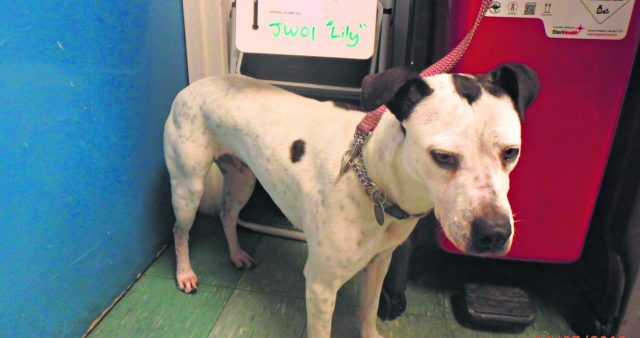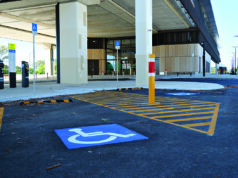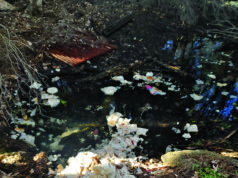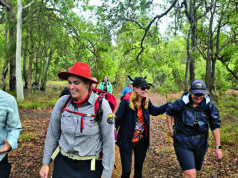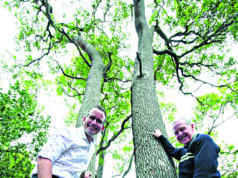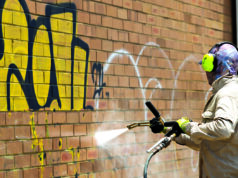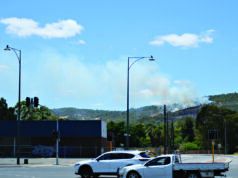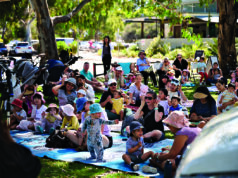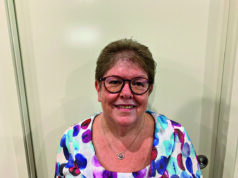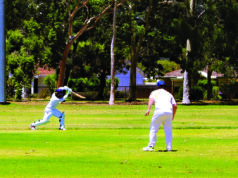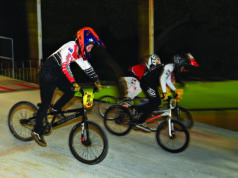An alarming report released by RSPCA WA has shown an increase in animal abuse, particularly towards dogs and puppies.
Sadly, suburbs in the southeast continue to feature in the top 10 metropolitan cruelty hot spots and have done for the last two years.
Reported cases show a 32 per cent increase in deliberate poisonings towards dogs and puppies with a 14 per cent increase in malicious beatings or woundings.
With 50 to 60 daily cases received by RSPCA WA, the disturbing figures are expected to rise further.
RSPCA WA received nine cases of poisoning and 23 of malicious beating and wounding reported incidences in Gosnells this financial year.
Some of the poisoning reports suggest that barking dogs have frustrated neighbours and they have taken illegal action.
RSPCA WA chief executive Ian Torrance said the charity is finding better ways to stop animal cruelty and they rely on the community to report these acts in order to inflict higher penalties on the perpetrators.
“In these hot spots where we know cruelty is prevalent, RSPCA WA works hard to improve standards of animal welfare, but we’re still getting a consistently high number of calls,” he said.
“This financial year we’re expecting to reach 21,000 – which equates to roughly 160 additional calls per month.”
Armadale was a top animal cruelty hot spot in 2017/18 financial year with an additional 41-reported cases this financial year.
Cats, kittens and other native wildlife have also been targeted with multiple reports of extreme violent acts.

Animal Protection Society (APS) president Robyn Thoman said her Southern River group receives some of the most obvious animal cruelty cases but also other forms of cruelty such as neglect, failure to provide veterinary care and abandonment.
“It can take many months of dedicated work by our volunteers to rehabilitate animals who have been treated badly by humans,” she said.
“Our aim is to give them love and shelter until we find them a forever home.”
Ms Thoman said the APS would welcome any changes to legislation that made it easier to prosecute the perpetrators behind these cruel acts.
APS volunteer Ceri McEwan said she wanted to contribute to improving the lives of dogs and cats.
“I am sickened by any form of cruelty and I feel that there needs to be tougher sentences for perpetrators,” she said
“Anyone capable of malevolent treatment towards animals needs to be scared of the severe consequences and the laws need to be changed to support this.”
RSPCA WA is asking the community to be alert, and continue reporting these wilful and intentional acts of cruelty to the RSPCA’s cruelty hotline on 1300 CRUELTY (278358).


